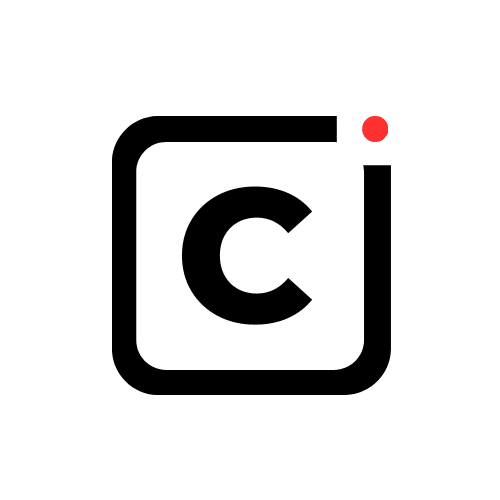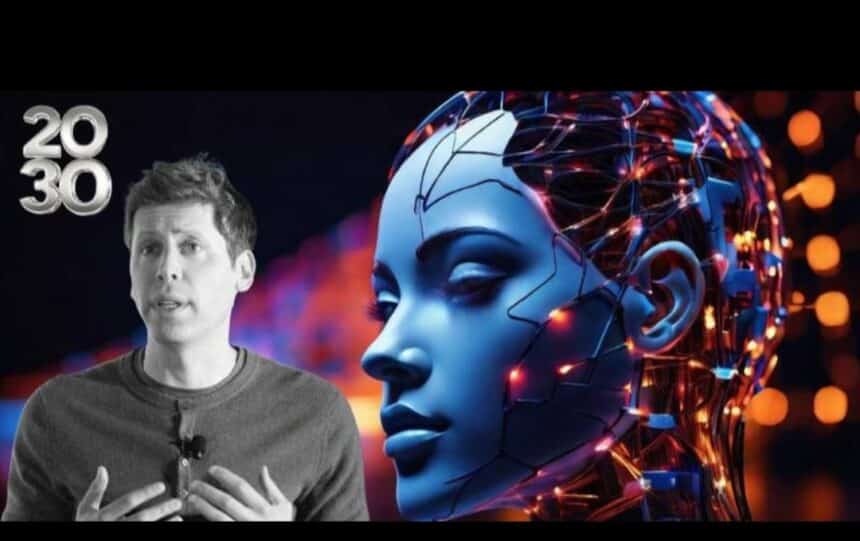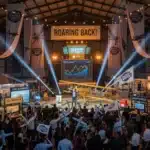Sam Altman, the boss of OpenAI, the company behind ChatGPT, is making headlines again. After accepting a prestigious award from Axel Springer, he delivered a stark message: artificial intelligence is moving much quicker than almost anyone expected.
Altman’s central prediction is huge: he believes that by the year 2030, AI could hit a stage called superintelligence. This means it would be able to solve problems that are currently impossible for humans to figure out. Think of it as a leap beyond human brainpower. He didn’t mince words, stating that their upcoming model, “GPT-5 is already smarter than me and many others.” This quote alone drives home just how fast the technology is accelerating.
The Rise of Superintelligence and Its Timeline
Altman is staking his reputation on this timeline. He said he would be “very surprised” if, by the end of this decade, OpenAI hadn’t created models that could do things currently out of reach for people. This isn’t just about making current tasks faster; it’s about unlocking new scientific breakthroughs and knowledge that the human race couldn’t access otherwise. While this potential for innovation is exciting, it naturally brings up major questions about the future of work and people’s place in the world.
AI’s Shaking Up the Job Market
The rapid progress of AI means big changes are coming to the workplace. Altman estimates that by 2030, AI could take over or automate a massive 30 to 40% of the tasks that make up our economy.
This doesn’t mean a third of the workforce will be instantly jobless, but it does mean a huge shift. Many existing jobs will either disappear or be dramatically altered. However, as is often the case with major technological changes, new roles will also pop up—jobs we can’t even imagine today.
The Key to Thriving: Learning How to Learn
For Altman, the most important thing people can do is be adaptable. He emphasized that the “meta-skill of learning how to learn” is going to be crucial. In a world where your job could change every few years, the ability to quickly pick up new skills will be the most valuable asset you have. It’s about becoming a continuous learner to stay relevant.
Despite the fear that superintelligence will make people irrelevant, Altman isn’t worried. He believes humans will still have an essential role. For him, the real challenge is making sure AI is developed in a way that aligns perfectly with human values. The goal is to prevent any “unintended consequences” from creating powerful AI without proper guidance and safety checks.
The Next Computing Revolution: Beyond Apps
OpenAI isn’t just focused on software; they are looking at hardware too. They recently hired a designer from Apple to explore new devices. They are developing a “small family of devices” aimed at completely changing how we interact with computers.
Altman believes that the current system of apps, constant notifications, and endless screens is clunky and outdated. His new devices are designed to enable fully AI-driven task management, where the AI handles complex tasks without you having to open a dozen different apps. He views this as the next major shift in computing, following the inventions of the keyboard and the touchscreen. It’s about a seamless, intelligent layer over your daily life.
Lessons for an AI World
Altman, reflecting on his role as a parent, highlighted that in this new world, he’s focusing on teaching his son creativity and resilience. These are fundamentally human traits that AI won’t easily replace.
He also had a prediction for the political arena: he thinks politicians will increasingly use AI to help with decision-making, providing data and options. But crucially, he stressed that humans will continue to make the final, major decisions.
Defining the Future Path
Altman concluded that AI is coming fast, set to redefine industries and reshape daily life at an incredible speed. While OpenAI is constantly pushing the boundaries of what’s possible, their main focus remains on safety. They are determined to ensure AI stays ethical, safe, and focused on serving human needs, even as it becomes superintelligent.
It’s a future filled with both immense opportunity and serious challenges, but Altman is confident that by focusing on learning, values, and safety, humanity can navigate this technological storm.










